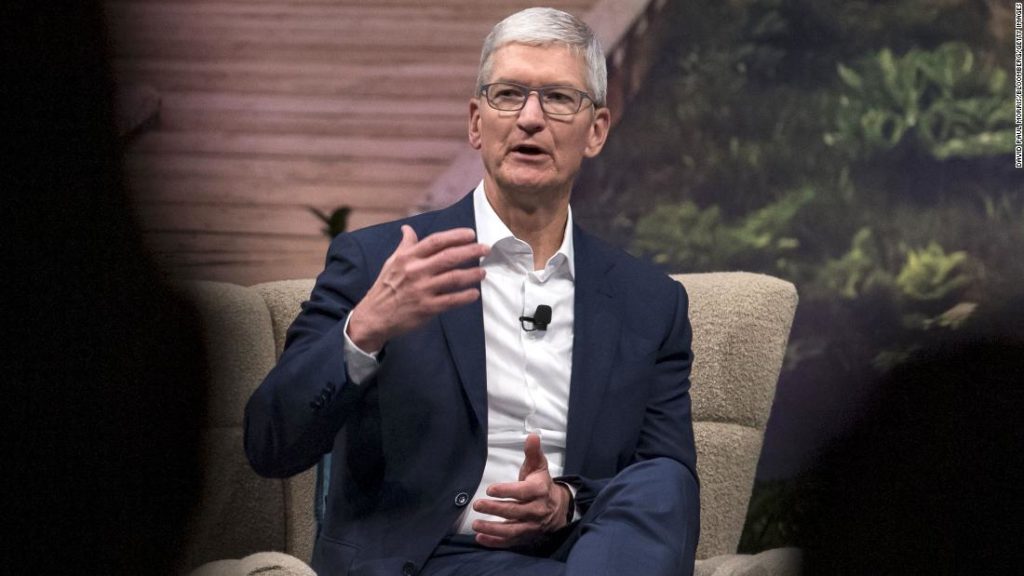Any iCar is still years away under any circumstances. But now may be a very good time for Apple to accelerate its plans.
The carmaker is also the crown jewel of one of the huge family-linked conglomerates, or chaebol, that dominate the South Korean economy, churning out everything from steel to elevators. Being part of a much bigger industrial network is a plus, according to David Bailey, an automotive expert and professor at Birmingham Business School in England.
Hyundai has already made significant strides on next-generation vehicles. In December, Hyundai unveiled a new manufacturing platform called E-GMP, which should enable it to sell electric vehicles with more than 300 miles of driving range, and that can be charged to 80% of full power in 18 minutes, similar to other electric vehicles on the market today. It can be used as the basis of sedans and SUVs, said the company, which has also developed a hydrogen fuel cell system.
“Hyundai has done all the hard yards — they make a good car. They are reliable, good quality and competitively priced,” said Peter Wells, a professor at Cardiff Business School in Wales and director of the Centre for Automotive Industry Research. A partnership with Apple would be “an interesting match to open up a new era in the automotive industry,” he added.
Another reason why Hyundai makes sense: The company is an experienced player in Asia, which is expected to be the center of global economic growth over the next few decades, and its manufacturing base is near China, which is the world’s largest car market and the biggest driver of demand for electric vehicles. (A large chunk of Apple’s supply chain is already based in the region, with Taiwan’s Foxconn and others making the iPhone in China and India.)
Investors recognized the potential benefits on Friday, sending Hyundai’s shares up by roughly 20% in Seoul. It was the stock’s best day in at least two decades. Shares in Apple dipped slightly in New York.
Wedbush Securities analyst Daniel Ives said in a research note that electric vehicles “could ultimately be a trillion dollar opportunity globally over the next decade and its a smart strategic move for Apple to dive into the deep end of the pool.” But building cars at scale is incredibly difficult, and a partnership was the most likely route to market for a would-be “iCar,” he added.
“We believe based on our investor conversations over the last few weeks that many on the Street would rather see Apple partner on the [electric vehicle] path, than start building its own vehicles [and] factories,” said Ives. “A potential larger strategic partnership with an established [electric vehicle] player such as Tesla or Volkswagen would be a golden partnership.”
Apple declined to comment on Musk’s claims at the time.
The prospect of a cash infusion from Apple would be appealing to carmakers as they seek to boost sales and emerge from the coronavirus pandemic. But making a car with another company’s brand may prove a bridge too far for many, particularly those with established premium brands.
“Which vehicle manufacturer is going to buckle first and become a contract builder for a company like Apple? That’s the question,” said Wells.
You may also like
-
Afghanistan: Civilian casualties hit record high amid US withdrawal, UN says
-
How Taiwan is trying to defend against a cyber ‘World War III’
-
Pandemic travel news this week: Quarantine escapes and airplane disguises
-
Why would anyone trust Brexit Britain again?
-
Black fungus: A second crisis is killing survivors of India’s worst Covid wave

